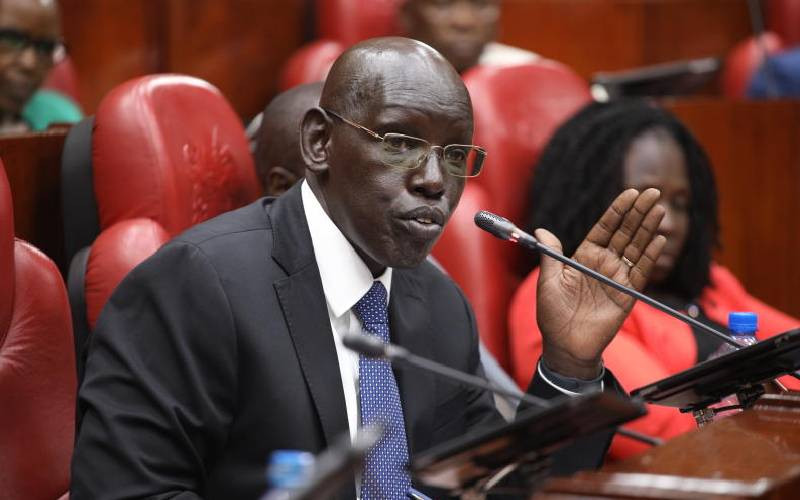×
The Standard e-Paper
Fearless, Trusted News

A decision by some schools to disallow learners with fee arrears back to school after the half term has now found its way to court.
A newsletter by St Georges Girls Secondary School, Nairobi, led to the filing of the suit by a parent now seeking the intervention of the High Court.